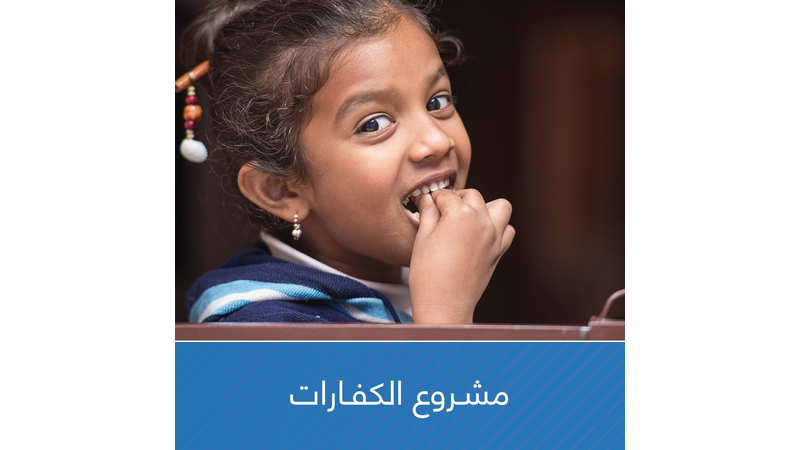كفارات ونذور
Praise be to Allaah.
Kafaarat yameen is mentioned by Allaah in the verse (interpretation of the meaning):
“Allaah will not punish you for what is unintentional in your oaths, but He will punish you for your deliberate oaths; for its expiation (a deliberate oath) feed ten Masaakeen (poor persons), on a scale of the average of that with which you feed your own families, or clothe them or manumit a slave. But whosoever cannot afford (that), then he should fast for three days. That is the expiation for the oaths when you have sworn. And protect your oaths (i.e. do not swear much). Thus Allaah makes clear to you His Ayaat (proofs, evidences, verses, lessons, signs, revelations, etc.) that you may be grateful”
[al-Maa’idah 5:89]
So the person has the choice of three things:
1 – Feeding ten poor persons with the average kind of food that he feeds his family, by giving each person half a saa’ of the usual local staple, such as rice etc. This is equivalent to approximately one-and-a-half kilograms. If rice is usually eaten with some kind of sauce then along with the rice he should give them some sauce or meat. If he gathers together ten poor people and offers them lunch or dinner, this is sufficient.
2 – Clothing ten poor people, which means giving each one clothing that is suitable for praying in, so for a man he would give a thobe or dishdasha or a lower garment and upper garment (izaar and rida’), and for a woman a concealing dress and a head cover.
3 – Freeing a believing slave.
Whoever cannot do any of the above should fast for three consecutive days.
The majority of scholars are of the view that it is not sufficient to pay the kafaarah in cash.
Ibn Qudaamah (may Allaah have mercy on him) said: It is not sufficient to offer the value of the food or clothing to be given in expiation, because Allaah mentions food, so expiation cannot be offered by any other means, and because Allaah has given us a choice between three things, and if it were permissible to pay the value, the choice would not be limited to these three things…
Al-Mughni by Ibn Qudaamah, 11/256
Shaykh Ibn Baaz (may Allaah have mercy on him) said: But the kafaarah should be offered in the form of food, not cash, because this is what it says in the Qur’aan and Sunnah. What must be offered is half a saa’ of the local staple food, whether it be dates, wheat or something else. That is equivalent to approximately one-and-a-half kilograms. If you give them lunch or dinner, or give them clothes which are suitable for praying in – namely a thobe or a lower and upper garment (izaar and rida’) – that is sufficient.
From Fataawa Islamiyyah, 3/481
Shaykh Ibn ‘Uthaymeen said:
If a person cannot find a slave to free, or clothes or food to give, then he must fast three consecutive days with no break in between.
Fataawa Manaar al-Islam, 3/667
And Allaah knows best.

